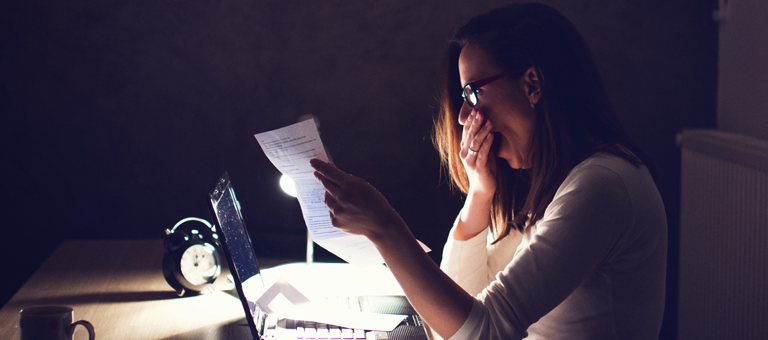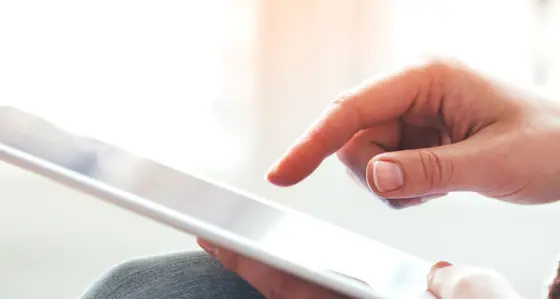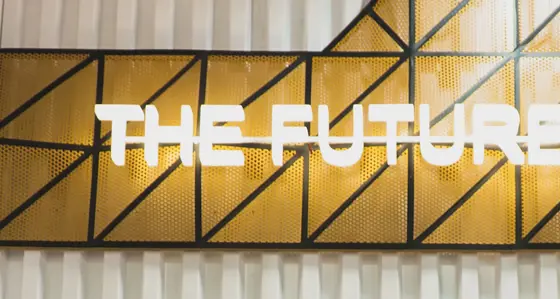
Sleep is serious business
11 December 2019
Our biggest competitors aren’t Amazon, Youtube or even traditional broadcasters, it’s actually our customer’s need to sleep – Reed Hastings (Netflix CEO, 2017).
This sentiment is as relevant now as it was then; a recent study revealed around 40% of global consumers feel like 'they are under constant pressure to get things done,’[1] sacrificing sleep. In an age in which technology, social media, streaming platforms and online advertising permeate our waking lives, it is hardly surprising that our sleep is also impacted.
However, in recent years, consumers have become more cognisant of the health implications of not having enough sleep. The majority of consumers (in a global consumer survey) strongly believe that sleep has a ‘moderate to severe impact on their current health’. This increased awareness is reflected by the rapid growth of the ‘sleeping aids market’. It was valued at $69.5bn in 2017 and is forecast to grow to $101.9bn by 2023[2].
Changing consumer demand for sleeping aids
Only a decade ago, the success and scale of the ‘sleeping aid market’ was intrinsically linked with the demand for sleeping pills and medication. However, they now only account for 65% of the market as other effective alternatives have been developed[3]. Initially, the desire to move away from sleeping pills manifest itself in an increased demand for sleep technology including sleeping apps, natural light alarms and noise makers.
Yet, more recently, low tech products that facilitate sleep such as mattresses and weighted blankets have made a resurgence as consumers have gravitated towards products that don’t require exposure to blue light (widely acknowledged as an inhibitor of sleep). As companies fought to carve out a piece of the rapidly expanding pie, start-ups such as Casper began to revolutionise the market. In their first month of trading Casper generated $1 million[4] in mattress sales. They turned a mundane household object that would typically have been logistically difficult to replace and expensive to purchase, into an innovative product that could be delivered to your doorstep in a box. Casper’s test and learn approach to developing their product, combined with their creative marketing, resonated with their customers, successfully transforming mattresses and ‘sleep into a lifestyle choice.’[5]
Poor sleep = poor productivity
Whilst individuals are evidently willing to invest in their sleep, the corporate world appears to be lagging behind the curve. Almost two thirds of business leaders (63%) say sleep is the sole responsibility of the individual resulting in only 3%[6] of UK companies having a sleep policy in place. When reviewed in conjunction with the fact that productivity per worker in the UK is falling at its fastest rate in five years, it begs the question, is the nation getting enough sleep? Understandably, a large portion of the blame has been attributed by many to the uncertainty brought about by the Brexit. However, the nation’s sleeping habits undeniably have to shoulder some of the blame.
A recent study discovered that, on average, the British public get 34.5 minutes less sleep than other countries (including the US, Germany and China)[7]. Three out of four UK employees suffer from persistent sleep issues, and 54%[8] are unable to stay awake during the day. This sleep deprivation equates to 200,000 working days per year in the UK lost to sleep related absenteeism (according to Hult International Business School)[9], highlighting the potential value of companies supporting and facilitating quality sleep for their employees.
How can companies help their employees help themselves?
Perhaps the most famous example of an employer promoting their employees’ sleep is Google’s installation of 'Nap pods' on their campuses. Google’s employees are encouraged to take naps whenever necessary during the day in order to replenish their energy and boost productivity. However, Dreams have taken this idea one step further. They recently announced that they are looking to combat poor quality / minimal sleep for their employees by providing guidance and support on how to 'sleep better'. This includes providing 'sleep health' training for 2,000 of their UK based employees and introducing conversations about sleep into their annual reviews. Mike Logue (CEO of Dreams) anticipates the benefits of this initiative being twofold; improving employee wellbeing and boosting Dreams’ productivity.
Ensuring that our employees feel they can prioritise getting enough sleep is an increasing focus for Baringa both for the quality of the work that we do, and for the mental well-being of our staff. Our partners are explicitly coached on the importance of sleep, reinforced by the mantra ‘do less and obsess’, encouraging our people to focus on the quality of their work as opposed to the length of their working day.
Given consumer’s increasing spend on sleeping aids and overwhelming evidence of the benefits associated with sleeping well, it is likely that more companies will follow in Dreams’ footsteps in order to get the most out of their employees.
[3] Ibid
[6] https://www.retailtimes.co.uk/dreams-launches-sleep-better-programme-for-employees-following-loughborough-university-study/
[8] https://www.retailtimes.co.uk/dreams-launches-sleep-better-programme-for-employees-following-loughborough-university-study/
Related Insights

Preparing for the EU's regulation on deforestation-free products
Is your supply chains prepared for the incoming EU Deforestation Regulation? In this article we share what you need to know in preparation for the new regulation, and how Baringa can help you.
Read more
Achieving the benefits of a multi-brand product portfolio
Download our blog on achieving the benefits of a multi-brand product portfolio.
Read more
Trading team optimisation: time to add value
Trading team optimisation: How team structures and ways of working can help trading teams make fast, informed decisions.
Read more
Become digital podcast: Episode 2 - Pret a Manger
Baringa are joined by Pret a Manger to discuss their digital journey, strategies, response to Covid-19, Pret's coffee subscription service and more
Read moreIs digital and AI delivering what your business needs?
Digital and AI can solve your toughest challenges and elevate your business performance. But success isn’t always straightforward. Where can you unlock opportunity? And what does it take to set the foundation for lasting success?